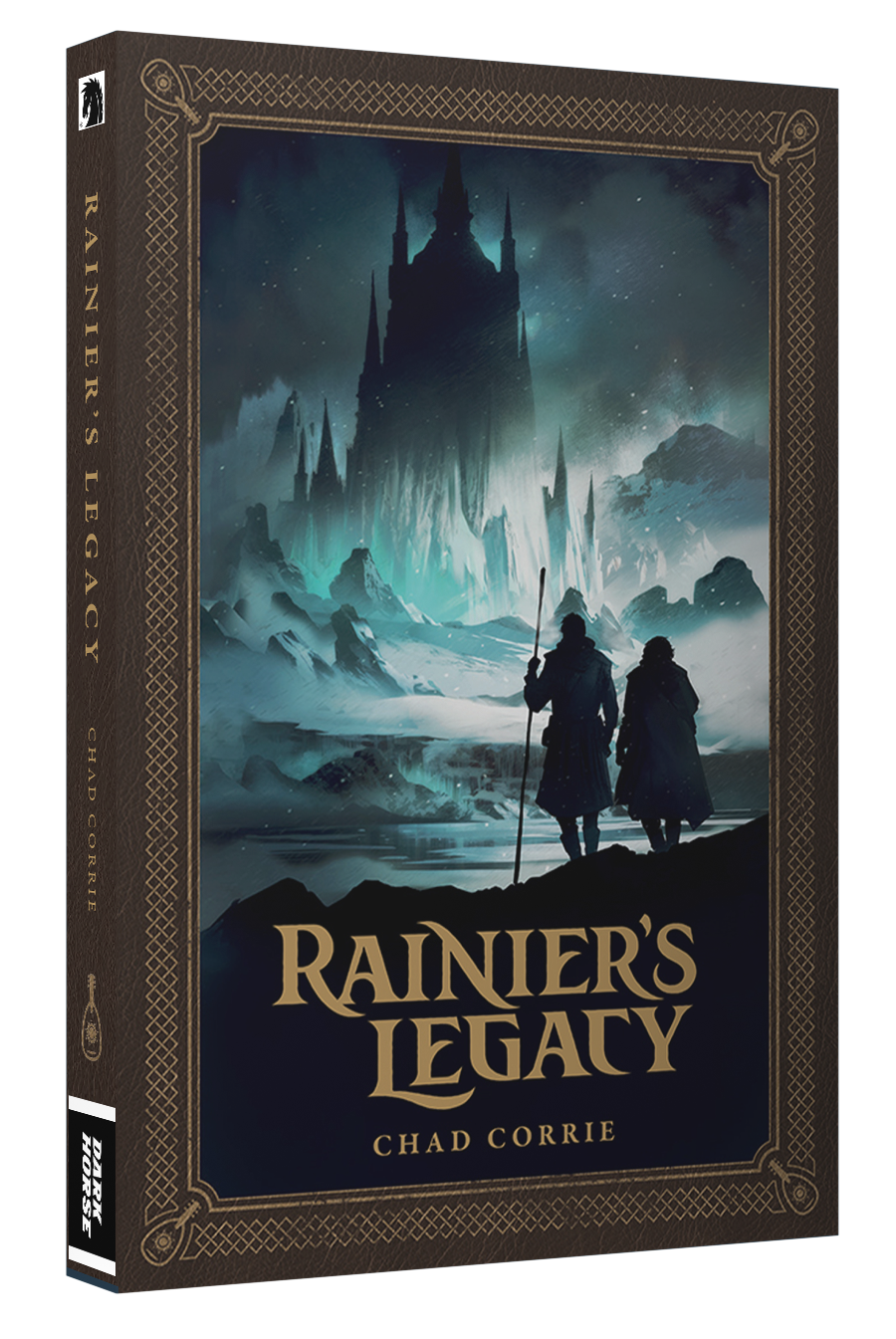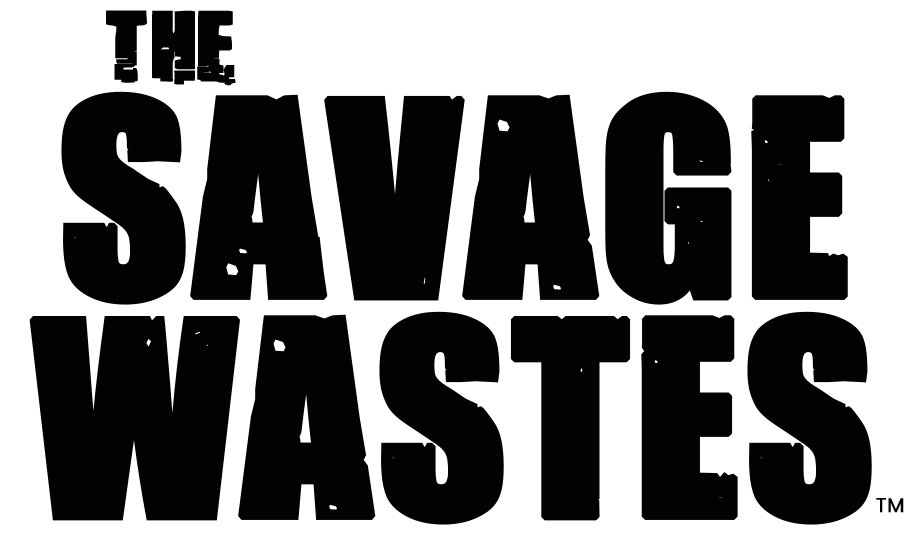AGENTS
REELING IN THE LINE
THE WRITER’S DESK © Chad Corrie
In a lot of ways sending out queries to agents is similar to fishermen casting lines into the water. You bait the line with your queries and then look for agent fish to take a nibble. As we covered in the previous essay, agents are varied in how they might reply to your query/submission. But what we’re going to do this time is talk about what happens when you have a bite on your line, that is when an agent is seeking some more of your work.
Typically, if an agent is interested in taking a bite on what you sent them they will reply in one of two ways: a partial request if they were just sent a sample chapter or query to an outright full. Cutting through the lingo here, a partial is just what it sounds like: a partial amount of your finished manuscript being sent to them. Often times this will also be asked to have a synopsis and author bio attached with it and will more likely than not be sent as an attachment to an email. How large this partial is depends on the agent. Some might look for 3-5 chapters others up to a hundred pages or even a bit more.
A full is the term used to describe when you send the full manuscript to an agent for consideration. Again this would be sent as an attachment and often times is asked to be accompanied by a synopsis and/or author bio.
Whatever is asked for by these agents you want to make sure you handle the matter promptly and professionally. Both are pretty simple to do too. When sending your email you want to make sure you put “REQUESTED MATERIAL” and then the title of the book in the subject line, and if you’re able to make it a high priority email that wouldn’t hurt either. This way you’re letting the agent get to see it quickly when they scan their emails, getting in faster for the benefit of all involved.
Next, it’s also a good idea to ask the agent to confirm receipt of the material. Even in this modern age we live in things sometimes can still go wonky with some emails at times. It also makes sure you know the agent has received it and the email isn’t just sitting unnoticed. On more than one occasion I’ve heard how an author has sent fulls to agents in times past and never heard back—for a year in some cases—only to finally have them get back (after they’ve already signed with another agent, mind you). So just making sure they know it’s in their inbox and they have it is good to know (for all involved). And getting it there so quickly after they requested it, when the matter’s still fresh in their mind, isn’t a bad idea either.
Now here’s where it can be a little tricky in some cases. To some agents a request for a full is, to them, a sort of exclusive matter. That is they alone want to look at your work in full manuscript form above everyone else. If you’re fine with this then by all means do so. It isn’t a bad thing in and of itself but make sure you get the matter clear in the beginning before moving forward. And a simple way to do so is to just state in your email something like the following:
Dear Ms. Agent,
As you requested, I have attached the entire manuscript for Growler to this email as a Word file for your non-exclusive consideration. Along with this I’ve included the synopsis and a short author bio. More information, should it be needed, can be found on my website: www.websitehere.com.
Closing here,
Your Name.
Contact Info here.
By doing this you make it clear that you aren’t being tied to them in an exclusive deal, which many agents—even those requesting fulls—won’t be too concerned about. Some, however, might not like this concept and by stating it in your email they will be able to get back to you quickly to clarify their desire for an exclusive. And if they give a reasonable timeframe to look it over and you’re comfortable in suspending further submissions until said timeframe has passed, then go where you’re led with the matter. If you’re not open to the idea then consider seeing if the agent would back down on their exclusivity claim (most do). If they still won’t budge on the matter, then again, do what you think is best.
Partials aren’t that big of a deal in the agent world but fulls can be. But let’s just clear up one small point here before we move on. While a full being requested by an agent can lead to an offer of representation it isn’t a guarantee of one. I and many other authors have had fulls go out to agents who have passed on them for various reasons—many of which have little to anything to do with the story itself.
However, a full request, for an author can really help turn things in their favor. Namely, it can help put you at the top of a list of consideration or clear off your agent list if it’s made known to other agents you’ve submitted to that another has requested a full. Doing this step is going to be up to you, of course, and is not without a mild form of risk.
I say risk because depending on how you make such a notification could also come across to some agents as you trying to manipulate things or put pressure on them. While I’ve used this method for my own submission process without any trouble only a few (less than I can count on one hand) have been troubled by my notification. Most took it as a positive thing and thanked me—some even requesting fulls of their own—the rest did nothing.
How I’ve always gone about it is with the understanding that if an agent requests a full then everyone one else I have submissions out to should be keep in the loop. They might want to take a look themselves or just decide to pass, but they should at least know that it’s moved up in the ranks elsewhere. I just see it as being professional. Like letting another contractor know you got another bid. And it’s nothing short of what agents themselves do when they send out multiple submissions to other publishers.
Again, some might see it as being a form of gamesmanship or pressure tactics to try and get them to act on your work with the fear of it being snatched away if they don’t. And while you can’t control how the other agent will view your notification you can control how and if you do it in the first place. If you do decide to go this route I recommend not sending out the notice more than one time to those you have a query/work out to. Do this too many times and it then crosses a line and gets annoying.
What you do want to do is when you send out any future queries and submissions while your full is out to another agent(s) is make sure you state the fact clearly in your query. Let them know right up front that x number of agents are also looking at a full of this work on a non-exclusive arrangement. Again, it’s about being clear and professional from the get go, which saves a lot of time and headaches down the road.
Following up on Fulls
At some point, if the agent who requested a full doesn’t get back to you you’re going to have to get back to them. This again is the nudge email but here it’s a little different. Each agent is going to be a little different in how they look to your work but most, unless they say otherwise, won’t take more than one month if they are interested in getting something back to you about it.
Here again, unless they say otherwise. Some might say I’ll get back to you in two months or some in a couple weeks, but make sure you give them at least four weeks—I’d say six weeks is better—before you shoot them a follow up. This is assuming you don’t get a longer time frame from them to begin on when they’d get back to you.
Again, use the subject line: “Following up on Manuscript Request for [Title]” and keep it short and sweet. Give the date it was requested, the title, and that you were just following up on the status of where it might be in their list. Most times you should get something back pretty quickly. If not, wait about 2-3 weeks and then follow up again. This would put you about two months out from sending in the initial full.
Now some might take longer to read them, but in my experience and from what I’ve read and heard from others authors, if an agent is excited enough to request a full they do so with the intention to read it. If they can’t find time to look it over in two months—at least in some part or fashion and, telling you when they think they’ll have it completed—than that fire might have died down from their original request and you can just keep looking elsewhere, leaving the agent alone. Should they come back and reply to you that’ll be a nice surprise but life and your career are too short to invest unspecified months on ventures that don’t produce any favorable results.













